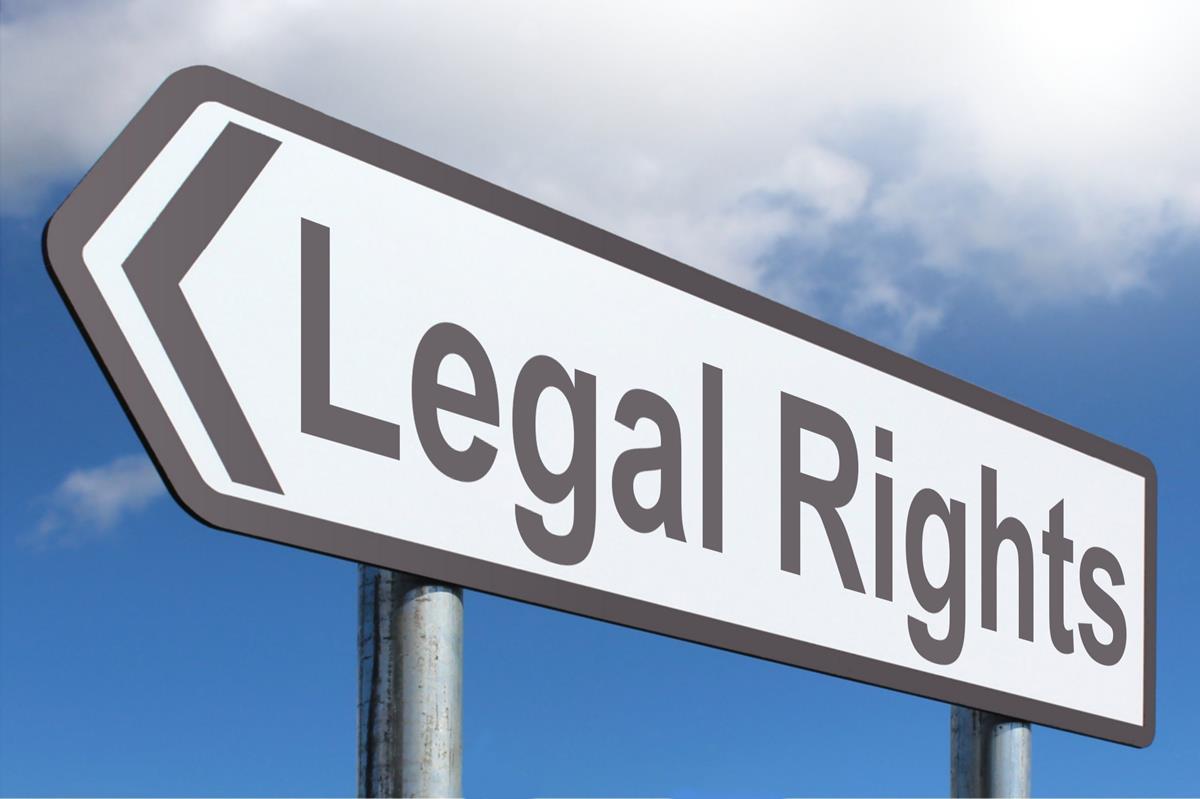JURISPRUDENCE AND OTHER SOCIAL SCIENCES
INTRODUCTION:
Jurisprudence is studying law, law is regulating the conduct of individuals and individuals are living and forming societies. Therefore, law is an important social phenomenon which is making jurisprudence as a Social Science.However, there are several other Social Science, like Ethics, Political Science, Sociology, Psychology etc. Now, it is logical that these social science should be interlinked with each other at some point.
Moreover, these social sciences could not studied in isolation. In other words, none of these sciences can be understand with having a fair knowledge of others. Jurisprudence, being a social science is, in fact, related with other social sciences.
Jurisprudence and Sociology
Jurisprudence is the study of law and sociology is the study of society and it is also discusses law but from a different stand-point. Therefore there is a link between jurisprudence and sociology.
Jurisprudence is concerned with legal rules that actually exists, however, sociology is studying the effectiveness of those legal rules and their impacts on society.
Jurisprudence and Politics
Politics studies the principles responsible for the governmental organization. Whereas, jurisprudence is analyzing those principles.
Moreover, in a political society there exist rules for the regulation of human being conduct which are the subject-matter of jurisprudence. Hence, there is a close connection between the two.
Jurisprudence and Ethics
Ethics is the science of human conduct. It projects an ideal human behavior, in the light of which it suggests a course of conduct for individuals living in societies. Whereas, jurisprudence is discussing the imperative rules, actually existing in the societies. However, those rules are also connected with the behavior of human beings in societies.
Therefore, both of the science are interrelated.
Due to the close relationship and interdependency of these sciences, there emerged a branch of jurisprudence known as Ethical Jurisprudence, discussing the ideal human behavior or which is the study of law as it ought to be.
Jurisprudence and Psychology
Psychology is the ‘science of mind and behavior’, whereas, jurisprudence is discussing law.
Law is aimed to be followed by individuals, and individuals can only follow law if they intend to follow.
Therefore, intention is the very basic element behind every law, and particularly in criminal law the concept of mens rea is having immense importance. Therefore, jurisprudence and psychology both are closely inter-related human sciences.
Jurisprudence and Economics
Economics is the science of wealth and jurisprudence is the science of law.
Economics studies the production and distribution of wealth and law is responsible for establishing a fair distribution of wealth through rules.
Moreover, studies show that economic factors are responsible for the increasing rate of criminal activities, which again brings the two in close relation with each other.
Furthermore, economics aims at improvement of the standards of human lives whereas, this could not possible if a peaceful environment is not available which is possible through the application of laws.
Therefore, there is a close relationship between the two.
Jurisprudence and History
History is the scientific narration of the past events, whereas, jurisprudence is the science of law.
Law has not come into existence overnight, as a matter of fact, it has developed through ages.
History helps jurisprudence in digging out the origin and evolution of different legal rules.
Owing to its importance, there developed a separate branch of jurisprudence, known as Historical Jurisprudence.
Therefore, it may concluded that there is a close relation between jurisprudence and history.


